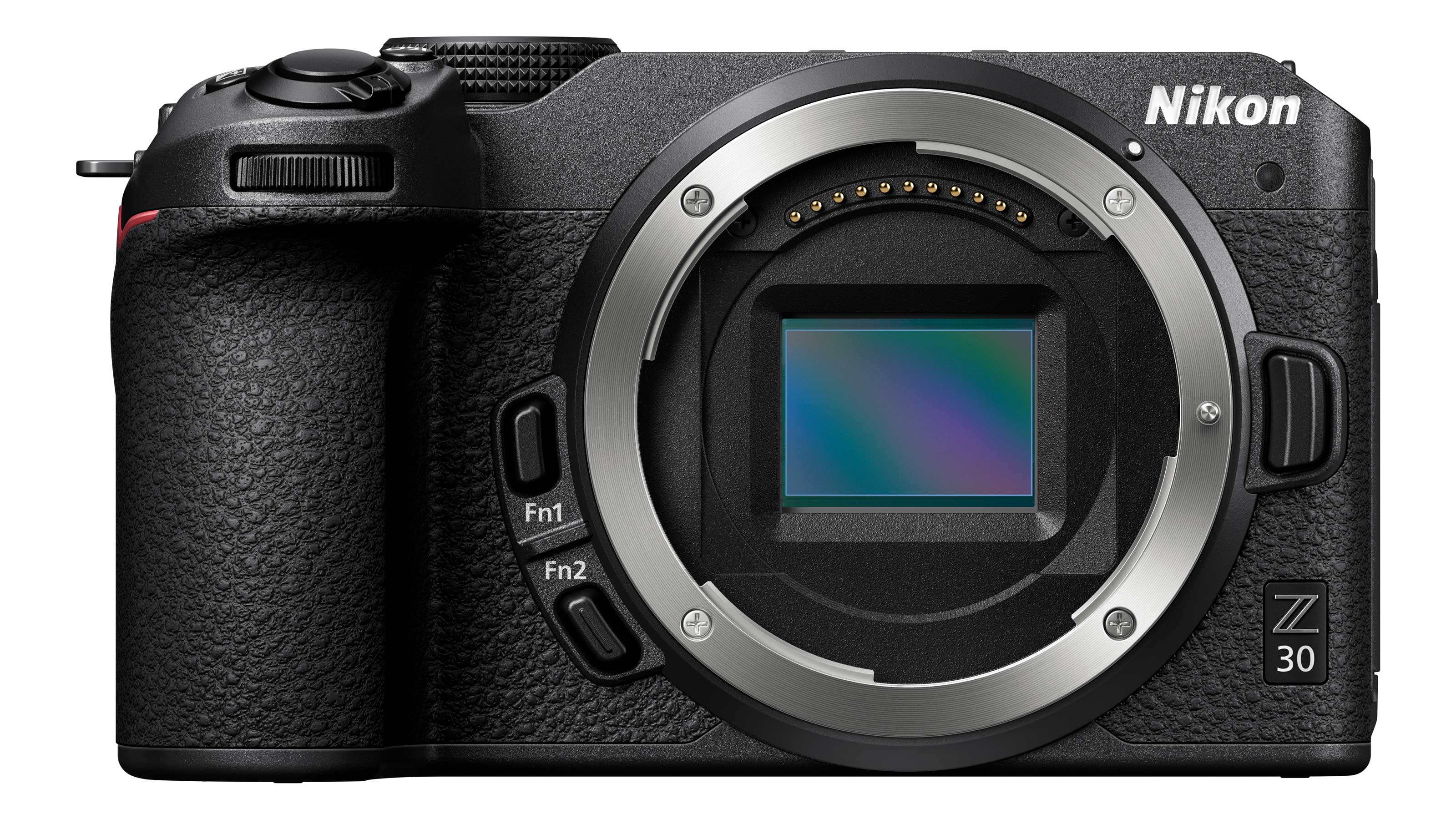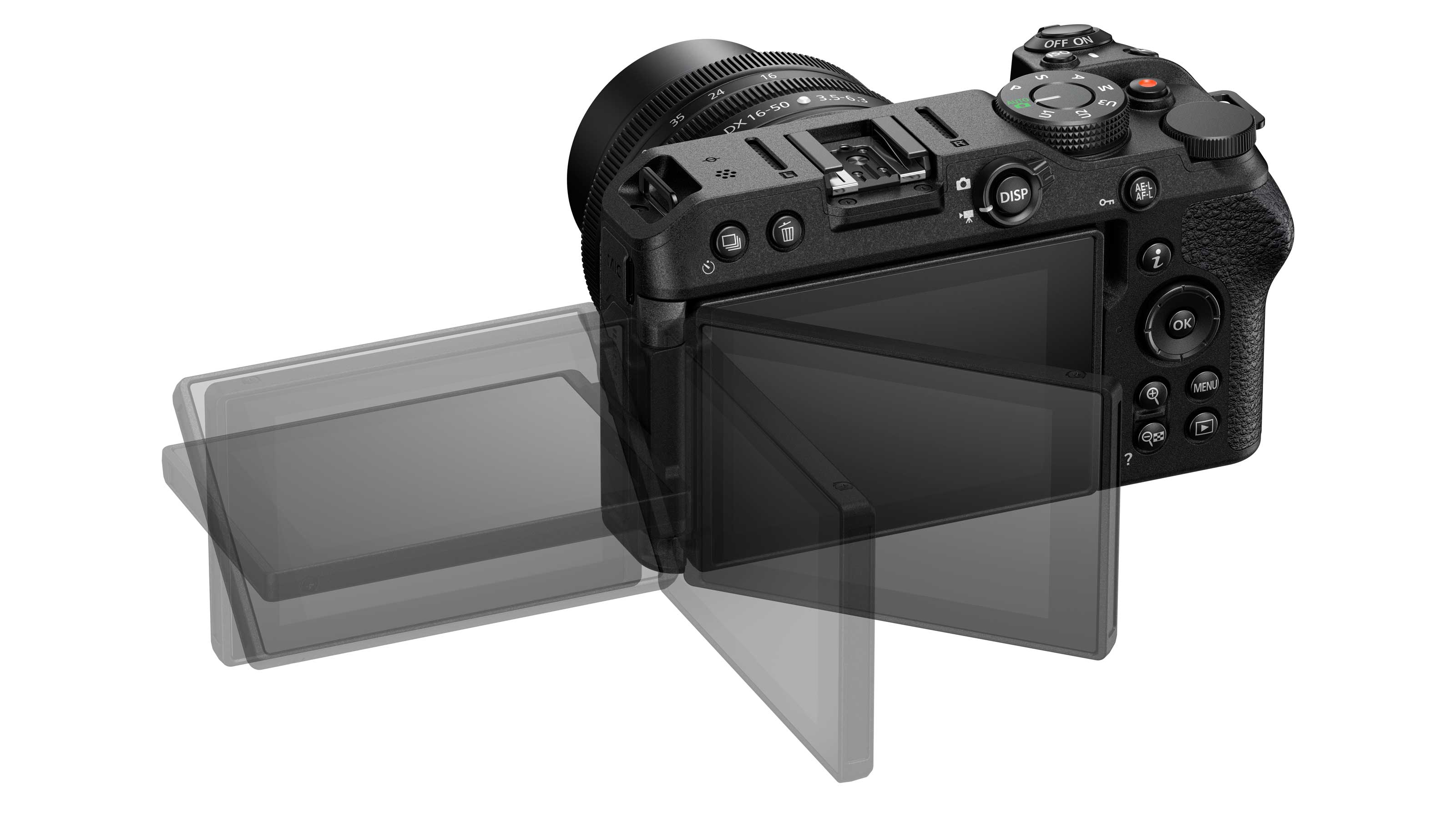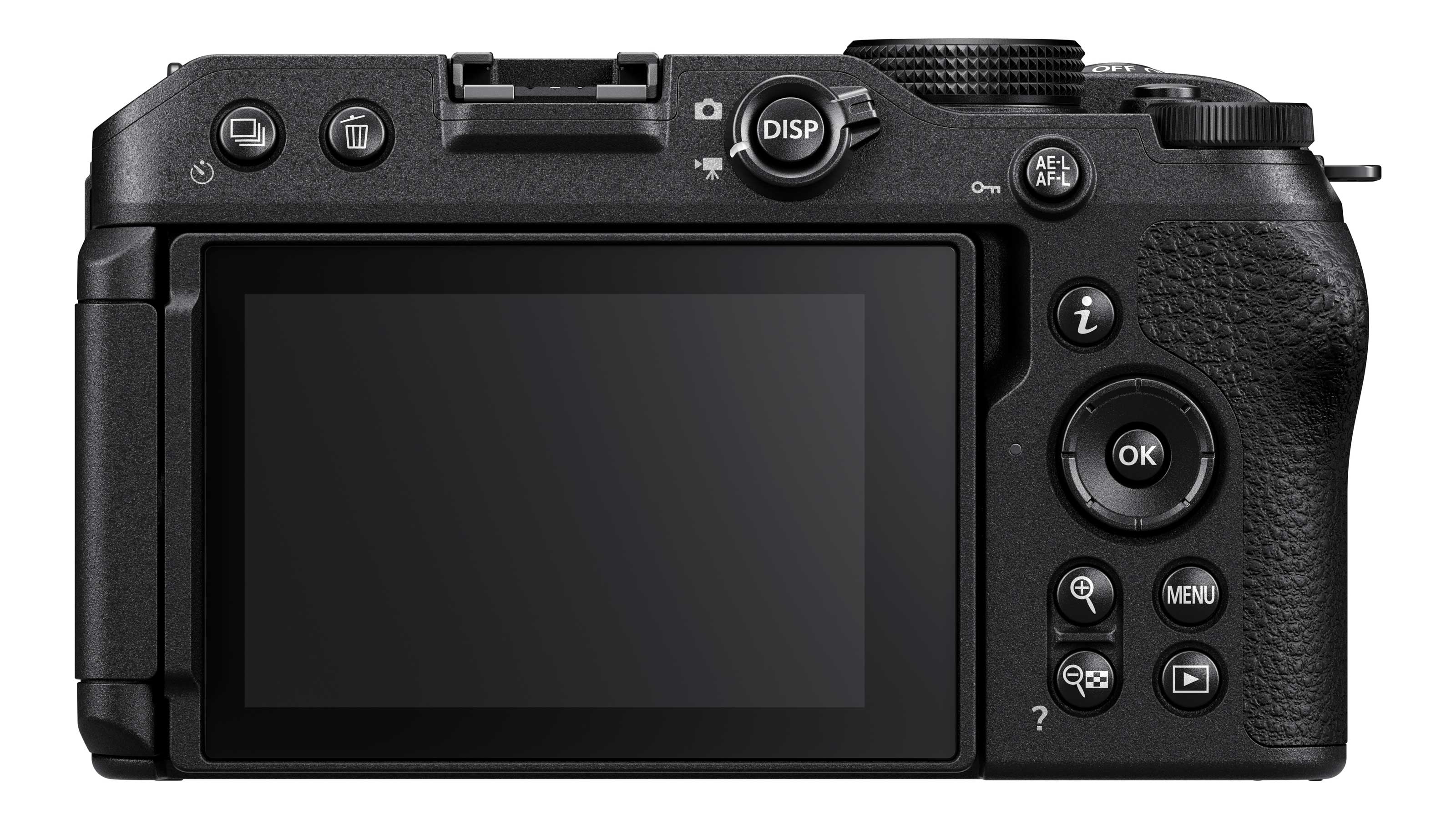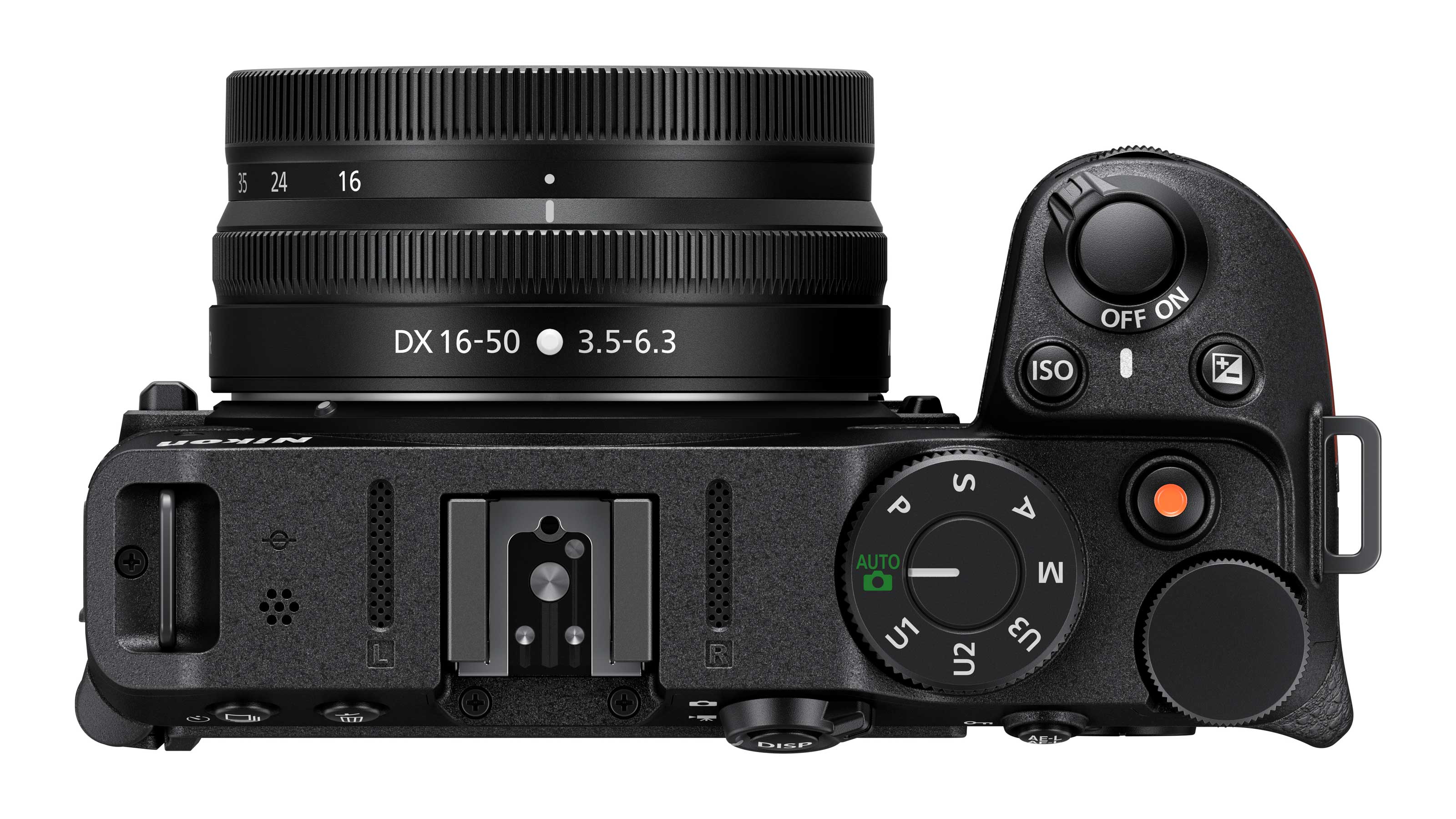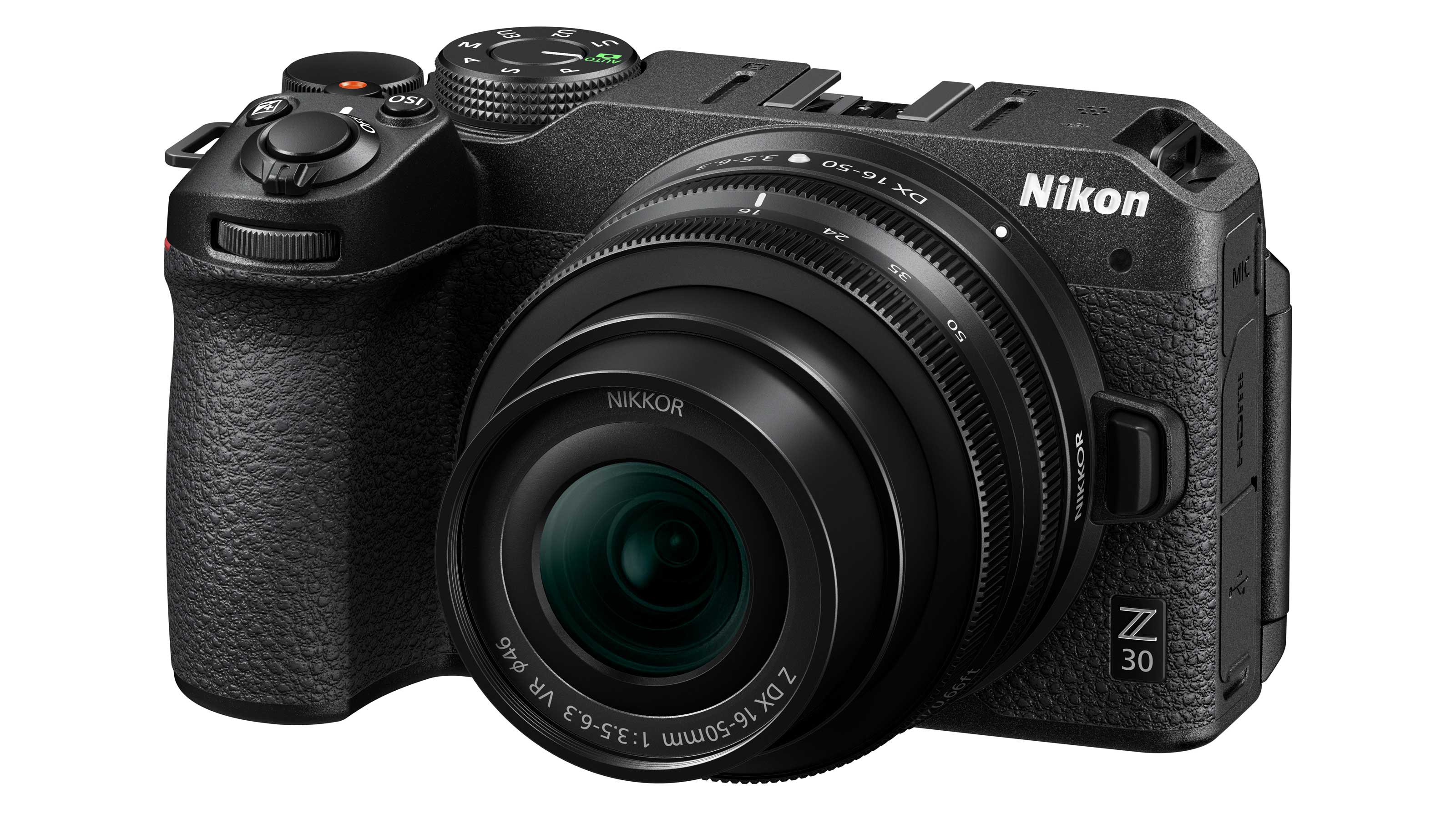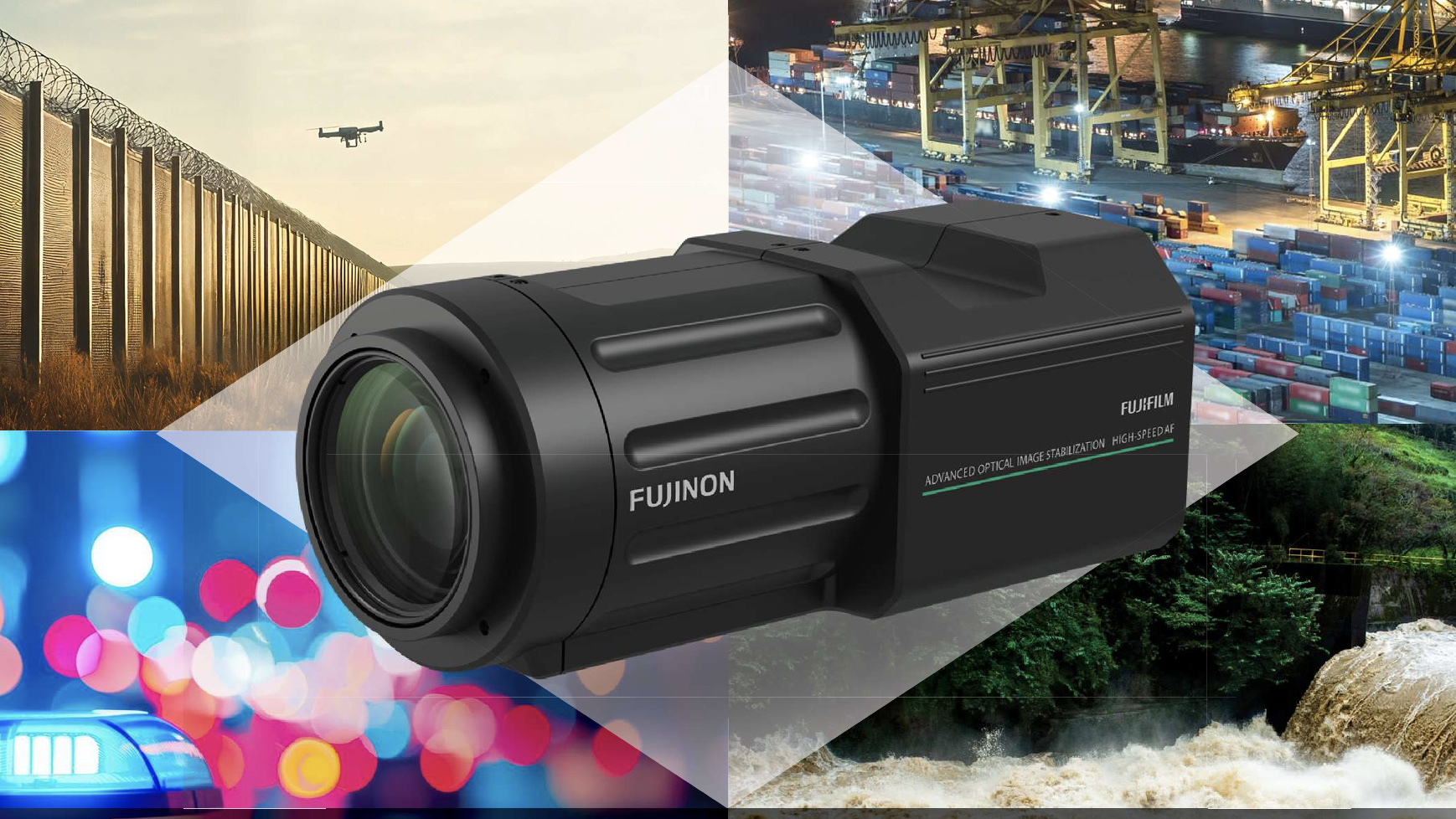The Nikon Z30 is here! Nikon launches its “best ever” vlogging camera
Nikon’s new APS-C mirrorless has been predicted for months… but is it what we expected?
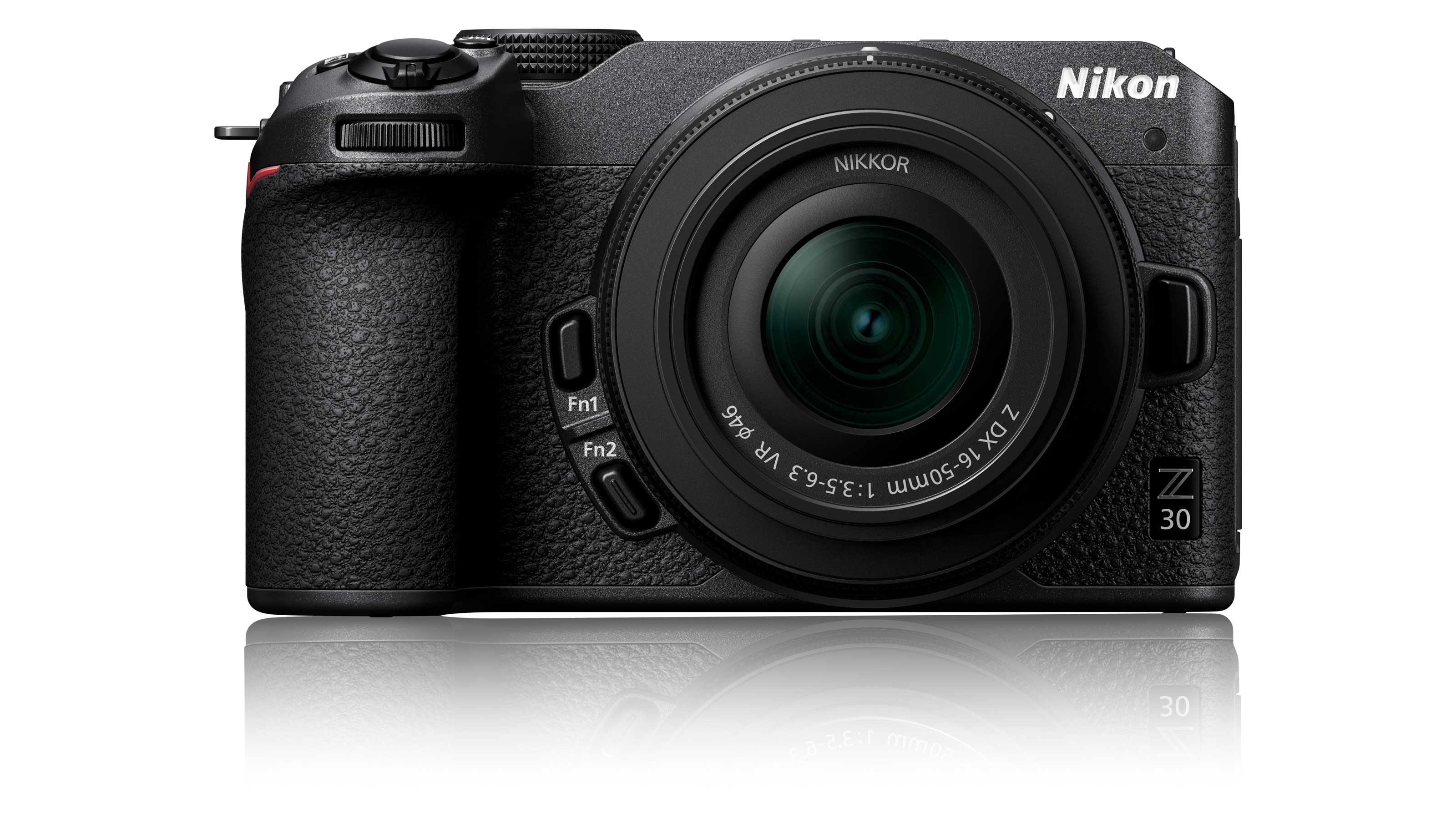
The Nikon Z30 is the company’s newest – and cheapest – mirrorless camera, but it’s targeted very specifically at vloggers, content creators and smartphone upgraders. It is not the mirrorless Nikon D3500 beginner camera replacement that many might have been hoping for.
Perhaps Nikon believes that vlogging is the new photography, and that budding vloggers are the new beginners. If that’s true, the Z30 looks pretty well judged both in features and pricing.
It will be available body, only, as a one- or two-lens kit and as a special vlogger edition, depending on retailers, and all at prices up to $200/£200 lower than the current Nikon Z50 and Z fc models.
It’s clear that Nikon is targeting new users, and while comparisons are bound to be made against other Nikon Z cameras and indeed vlogging cameras from other brands, Nikon is concentrating its efforts on smartphone upgraders.
• Read more: Nikon Z30 vs Nikon Z50 vs Nikon Z fc
Nikon Z30 key features
Under the skin, the Nikon Z30 has a lot in common with Nikon’s other APS-C mirrorless cameras, the Nikon Z50 and Z fc, to the extent that you could consider them essentially the same camera internally. Nikon does say, however, that a steady evolution of its technologies and algorithms means there may be differences and improvements.
The sensor is the same APS-C sized 20.9-megapixel Nikon has already used in those cameras, and offers the same full-width 4K UHD video capture and 120fps full HD slow motion capability.
The best camera deals, reviews, product advice, and unmissable photography news, direct to your inbox!
Stills shooters can capture images at 11fps, with autofocus and auto-exposure, and the Z30 offers full-time video AF with eye and animal detection for both stills and video.
The Z30’s video features are quite extensive for the price. You can record continuously for up to 35 minutes in 4K UHD, or 125 minutes for full HD. It’s possible to save separate settings for stills and video shooting, and there are 20 in-camera filter effects for both stills and video. Serious filmmakers might prefer a log mode for post-production color grading, but the Z30 is aimed at a different market which will want ready-to-use video straight from the camera.
Many of the Z30’s most interesting (or controversial) features are in its design rather than its technology. Nikon has taken the decision to ditch the electronic viewfinder, which does make the camera smaller and cheaper and is fine for a vlogging audience, but is not great for stills photography.
What it does offer, though, is a fully vari-angle rear screen, as opposed to the simpler tilting mechanism on other Nikon cameras. It also has a deep grip designed for secure handling, even at arm’s length, and an automatic selfie mode that activates when the screen and the camera are turned to face you.
There is no in-body stabilization, however. Any optical stabilization will have to come from Nikon VR lenses. The Z30 does offer ‘electronic’ VR, and this can be very effective at steadying up video footage. However, it comes with a noticeable crop factor – and may users will find their editing software gives better and more controllable stabilization.
Other design features include a video record button placed on the top for easy access for both horizontal and vertical shooting, and USB power delivery for extended filming while streaming, for example. The supplied USB cable can both power the camera and charge the battery at the same time.
Nikon Z30 lenses
Nikon has not launched any new Z DX lenses with this camera, so there are no native ultra-wide lenses for ‘selfie vlogging’, and the standard 16-50mm zoom may not be wide enough to get both you, any companions and your background in the frame at the same time unless you use a long selfie stick.
There is a Nikon Z DX 12-28mm zoom (18-42mm equivalent) on the Nikon Z lens roadmap, but not indication yet as to when that might appear. The alternative is to get the Nikon FTZ II adapter, sold separately, and use one of Nikon’s older F-mount ultra-wide DX zooms.
Nikon Z30 price and availability
The Nikon Z30 will be available to buy from July 14, and will cost just $707/£699 body only (body-only option currently not available in Australia), $847/£839/AU$1,299 with the standard Z DX 16-50mm f/3.5-6.3 VR kit zoom, and $1,197/£1,069 as a twin-zoom kit with the Z DX 50-250mm f/4.5-6.3 VR (about AU$1,889 but availability not yet confirmed for Australia).
Nikon will also be selling a Z30 vlogger kit with the 16-50mm lens, ML-L7 Remote, SmallRig Tripod and SmallRig Windmuff for $995/£879 (about AU$1,550 but also currently not announced for Australian customers).
Those prices will make the Z30 significantly cheaper than the other two cameras in Nikon’s APS-C mirrorless range, the Z50 and the Z fc, and a good way towards the low entry price point of Nikon’s long-standing beginner DSLR, the Nikon D3500.
Pre-order links (these are for the 16-50mm kit version, but others options are available – see above.)
• Pre-order the Nikon Z30 at B&H (USA)
• Pre-order the Nikon Z30 at Adorama (USA)
• Pre-order the Nikon Z30 at Wex Photo (UK)
• Pre-order the Nikon Z30 single-lens kit at Digital Camera Warehouse (Aus)
• Pre-order the Nikon Z30 single-lens kit at Ted's Cameras (Aus)
Read more:
• Best Nikon cameras
• Best cameras for vlogging
• Best cameras for video
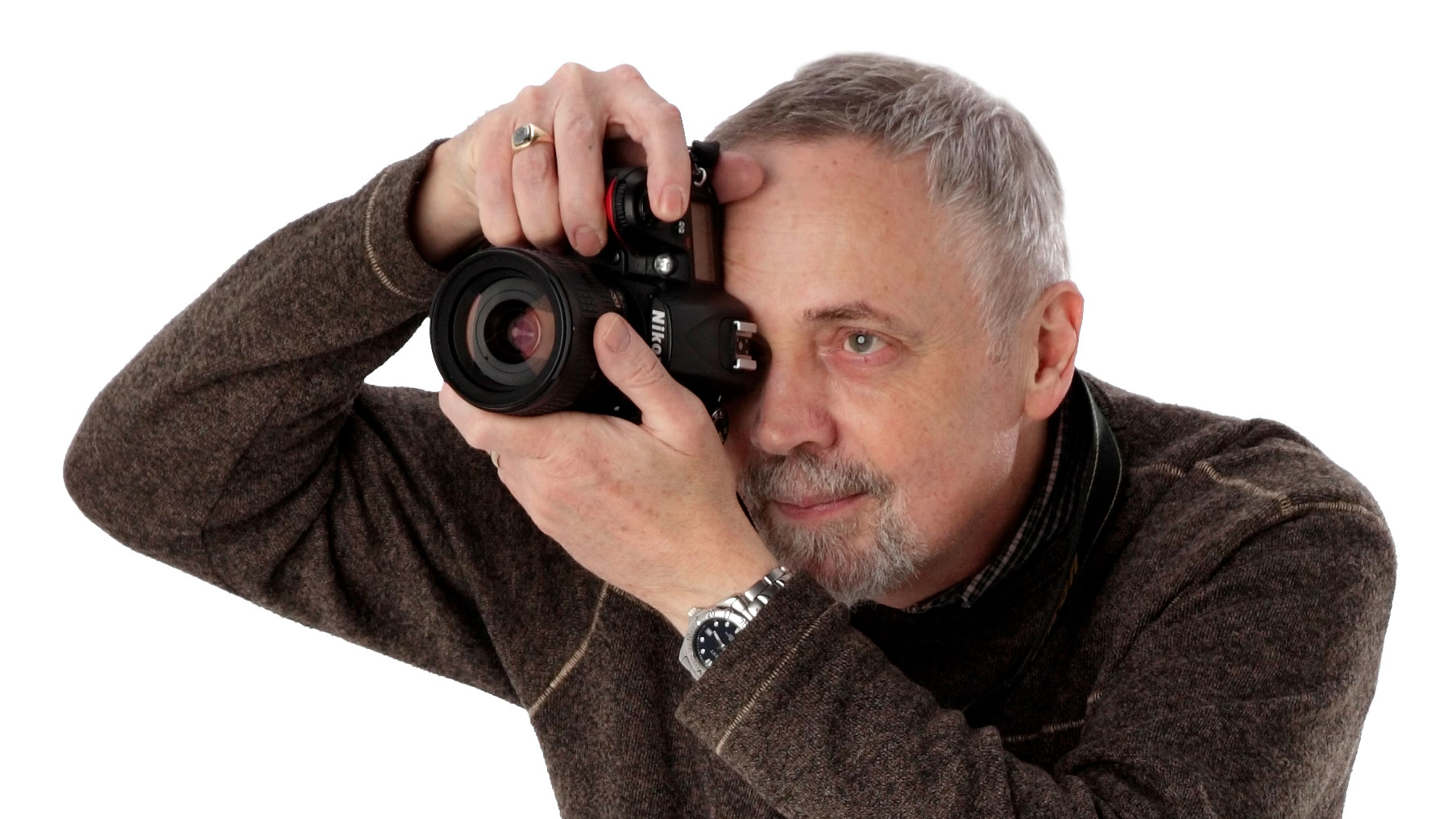
Rod is an independent photography journalist and editor, and a long-standing Digital Camera World contributor, having previously worked as DCW's Group Reviews editor. Before that he has been technique editor on N-Photo, Head of Testing for the photography division and Camera Channel editor on TechRadar, as well as contributing to many other publications. He has been writing about photography technique, photo editing and digital cameras since they first appeared, and before that began his career writing about film photography. He has used and reviewed practically every interchangeable lens camera launched in the past 20 years, from entry-level DSLRs to medium format cameras, together with lenses, tripods, gimbals, light meters, camera bags and more. Rod has his own camera gear blog at fotovolo.com but also writes about photo-editing applications and techniques at lifeafterphotoshop.com

